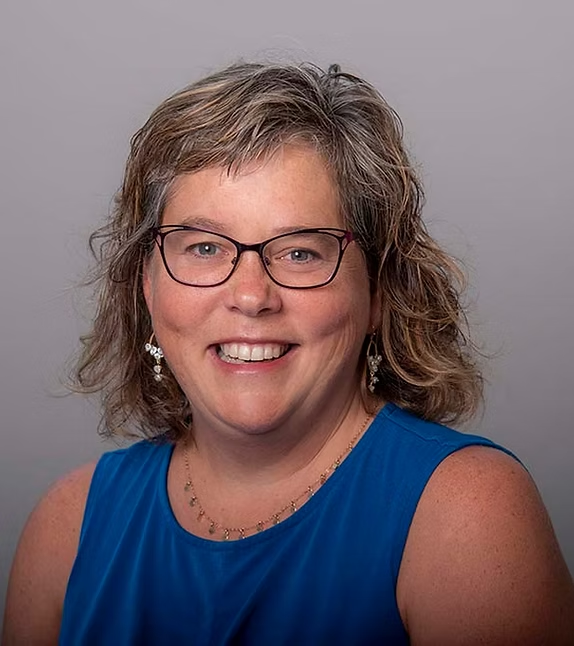- The Lens
Reckoning with Reality: The Case for a New Union Strategy in K–12
Paul Hill
Public school districts are facing an existential threat. Demographic shifts and school choice policies are exacerbating declining enrollment. A diminishing role for the federal Department of Education alongside broad economic uncertainty could further erode state and local revenues.









